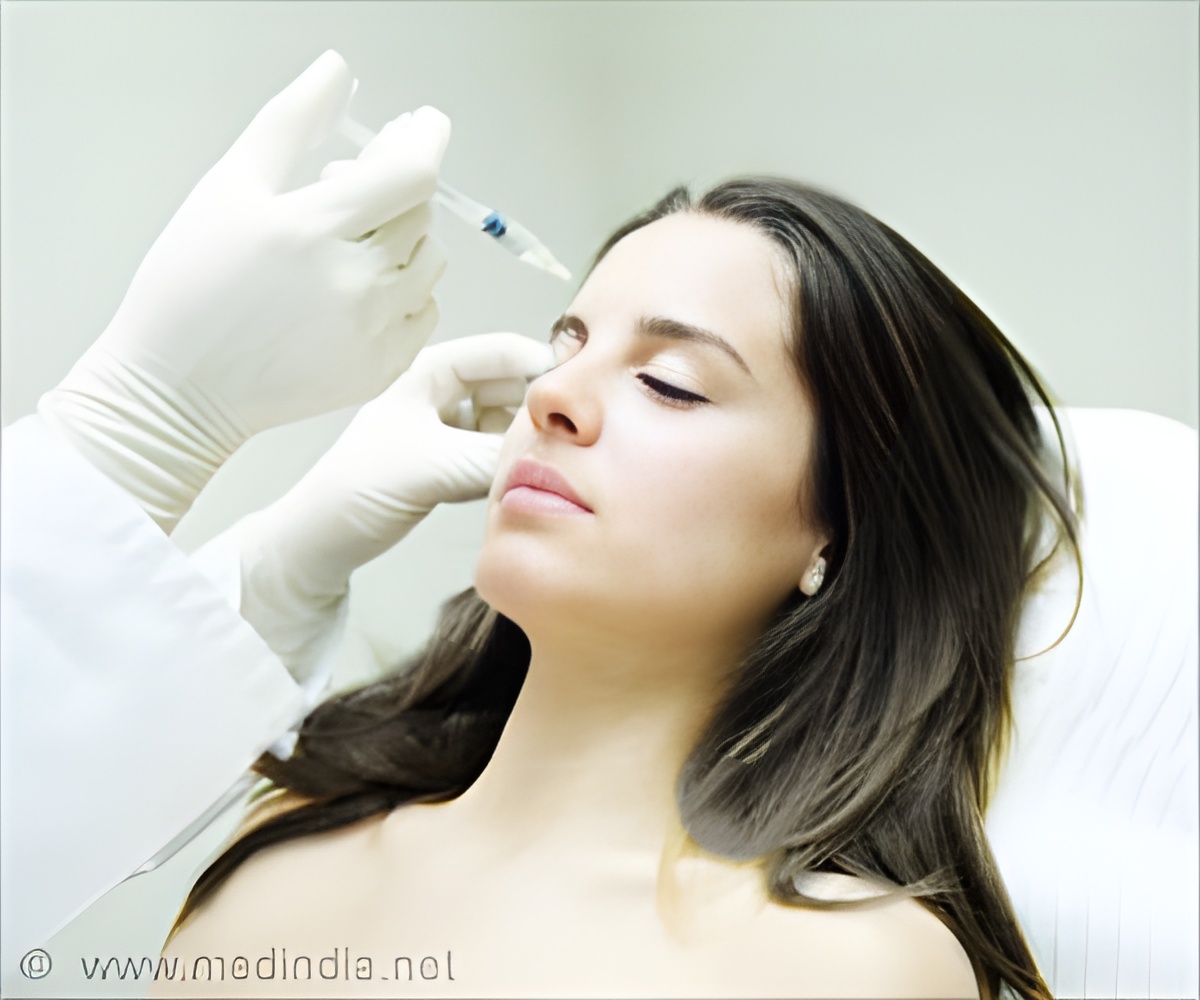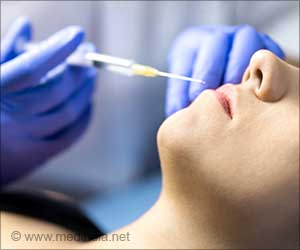Ingestion of Hyaluronan (HA) moisturizes the skin and is expected to improve the quality of life for people who suffer from dry skin.

Types of skin:
Normal skin has small pores, is generally smooth to the touch and is neither dry nor oily.
Dry and/or sensitive skin usually has little natural oil and small pores. It has a tendency to become dehydrated, dulls easily, and is prone to lines and wrinkles.
Oily skin is prone to excessive oil secretion and is generally shiny. The pores are usually large and open. The skin is coarse and subject to blackheads.
Combination skin has both oily patches, usually on the central forehead, nose, and chin and dry patches occurring predominantly on the cheeks, jawline and outer portion of the forehead.
• Insufficient hydration or not drinking enough liquids
• Staying out in the sun
• Exposure to very dry air
• Smoking
• Increased stress levels
• Losing sweat and oil glands, which is common with aging
• Health problems, such as diabetes or kidney disease.
• Using too much soap, antiperspirant, or perfume
• Taking hot baths will make dry skin worse.
Because of the viscous nature and moisture retaining property of HA, it is responsible for facilitating smooth movement of the knee joint, and maintains the normal shape of the vitreous humor and moisturizes the skin. However, aging and extrinsic stimuli such as solar ultraviolet radiation, smoking, and air pollutants gradually reduces the amount of HA in the body, which could increase joint pain and lead to dry skin.
It has been shown that ingested HA contributes to the increased synthesis of HA and promotes cell proliferation in fibroblasts. These effects show that ingestion of HA moisturizes the skin and is expected to improve the quality of life for people who suffer from dry skin. Furthermore, HA dietary supplements are expected to be effective anti-aging supplements because an American ABC News channel, stated that the key to longevity in a specific Japanese village was their HA-rich diet
Effect of hyaluronan on moisturizing the skin: In a randomized, double-blind, placebo-controlled study, human subjects who suffered from chronically rough and dry skin were given HA for a period of 6 weeks. After four evaluation phases by a dermatologist it was concluded that the conditions of dry skin in the face and whole body were significantly improved in the HA group as compared with the placebo. In addition, skin moisture content at the lower left part of the eye significantly improved in the HA group and skin smoothness in left of the upper arm and back of neck was significantly improved after 3 and 6 weeks of ingestion.
Skin improving effects of ingested hyaluronan: A randomized, double-blind, placebo-controlled study of middle-aged and elderly female subjects with dry skin was conducted and published in the Nutrition Journal. The HA group which ingested 120 mg/day of HA, was found to have a significant increase of skin moisture, and a tendency for the skin moisture to increase in the face when compared with the placebo group after 3 and 6 weeks of ingestion. These reports show that consuming either 120 or 240 mg/day of HA contributes to increased skin moisture and improves dry skin.
Dry skin tips
• Use hyaluronan as a dietary supplement
• Drink plenty of water.
• Use moisturizer based on skin types: for oily skin use a water-based moisturizer in order to avoid burdening your pores with more oil; for dry to normal skin, choose an oil-based moisturizer; for combination skin (areas of dry skin and patches of oily skin) use of a water-based product works best
• Eat healthy and try to get plenty of rest.
Dry skin decreases a person’s quality of life because of the discomfort associated with tightness of the skin. Application of topical moisturizers is critical to treat dry skin; however, ingesting or consuming HA as a dietary supplement affects skin cells and improves dry skin physiologically and thus makes the skin look healthy.
References:
1. Ingested hyaluronan moisturizes dry skin; Nutrition Journal 2014
2. http://www.nutritionj.com/content/13/1/70/abstract
Source-Medindia















